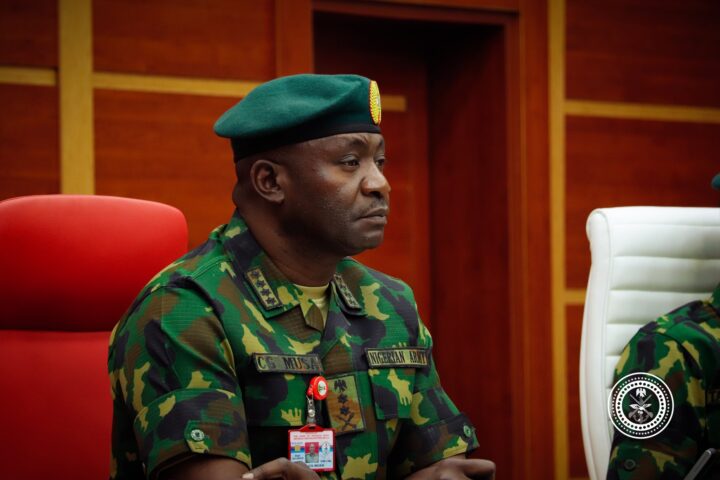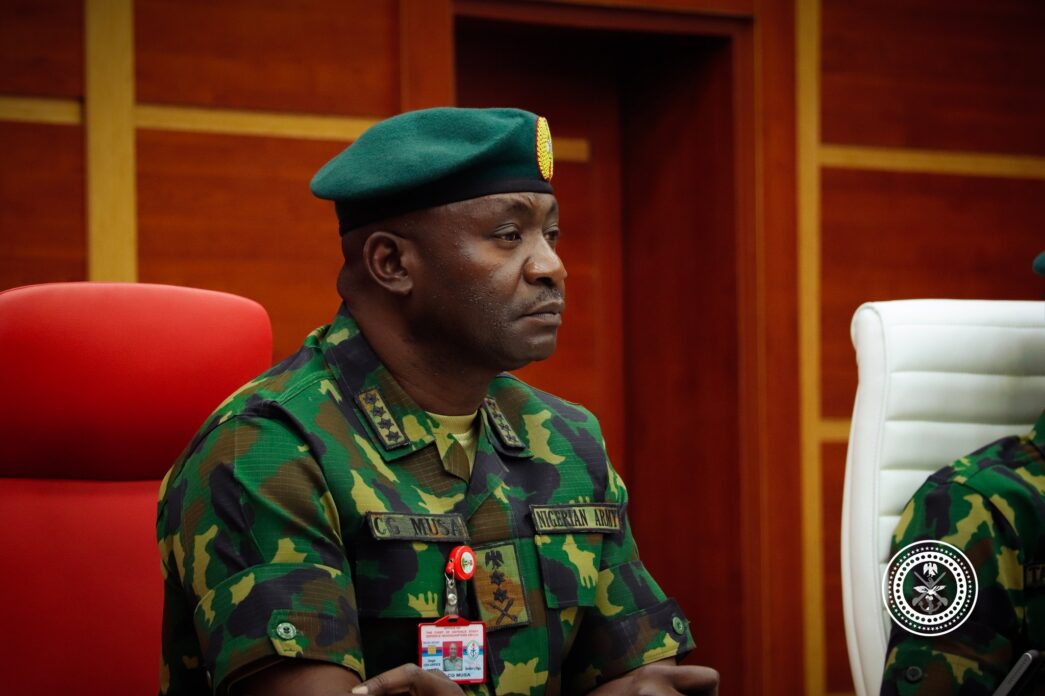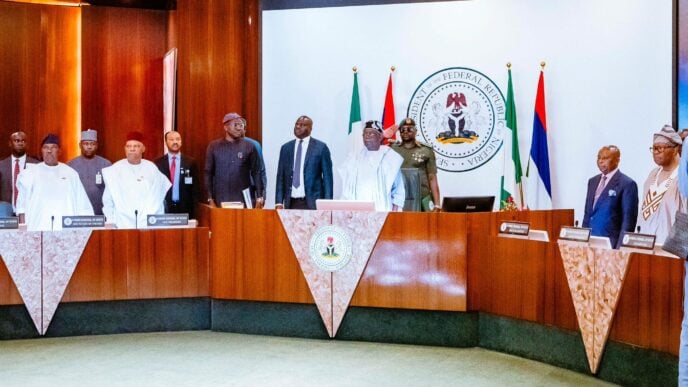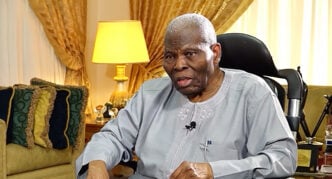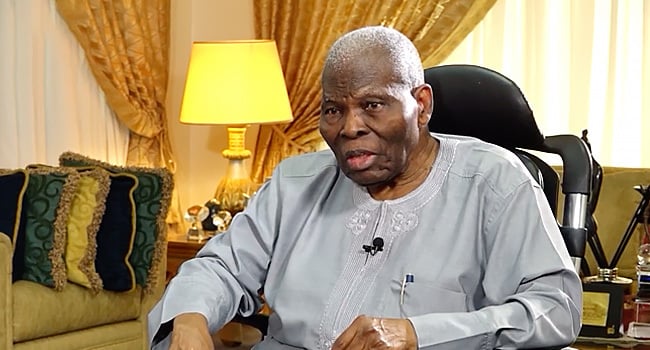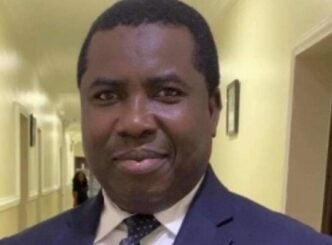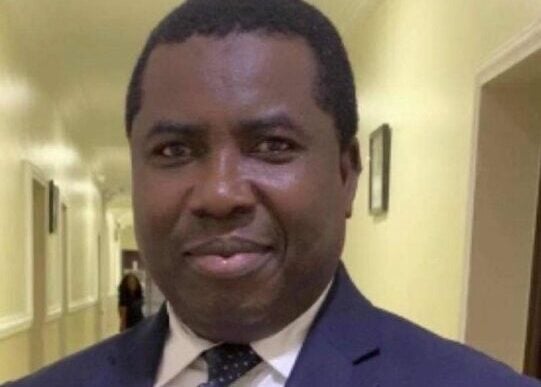Christopher Musa, former chief of defence staff
Christopher Musa, chief of defence staff (CDS), says court martial is aimed at strengthening discipline, professionalism and accountability within the armed forces.
Musa spoke on Thursday in Abuja at the public presentation of “Annotation of Cases on Court Martial”, a book co-authored by Mahmood Wambai, a major general, and Ali Omachi, a lawyer.
The CDS said the military justice system was not designed to be punitive but to uphold fairness and discipline required for effective national defence.
He commended the authors for producing a scholarly reference that deepens understanding of military law and supports ongoing reforms in the armed forces’ justice administration.
Advertisement
He stressed that the court martial process remained an indispensable instrument for enforcing service laws.
“Court martial is not meant to punish but to correct and preserve discipline in the soul of the armed forces,” the CDS said.
“Its objective is to ensure fairness and accountability while keeping our forces combat-ready and professionally responsible.”
Advertisement
Tukur Buratai, former chief of army staff (COAS), described the book as a milestone in Nigeria’s evolving military jurisprudence, bridging the gap between discipline, law, and democratic accountability.
Buratai said the work reflects the authors’ deep commitment to justice and professionalism, noting that a credible military justice system is central to both operational efficiency and public confidence.
“A fair and transparent process enforces the armed forces act and reinforces public trust that the military operates under the rule of law,” he said.
Wambai said the book was motivated by a desire to address misconceptions and technical errors that often led to appellate courts overturning court-martial decisions.
Advertisement
“Many of such reversals stem from limited understanding of military law. Our aim is to provide clarity and ensure both military lawyers and appellate judges are properly guided,” he said.
Omachi said the book offers detailed commentary on appeal court decisions involving court martial cases, highlighting gaps that had weakened military trials over time.
The legal practitioner said the book provides a comprehensive resource for judges, military legal officers, and scholars committed to advancing justice and discipline in the armed forces.
Advertisement
